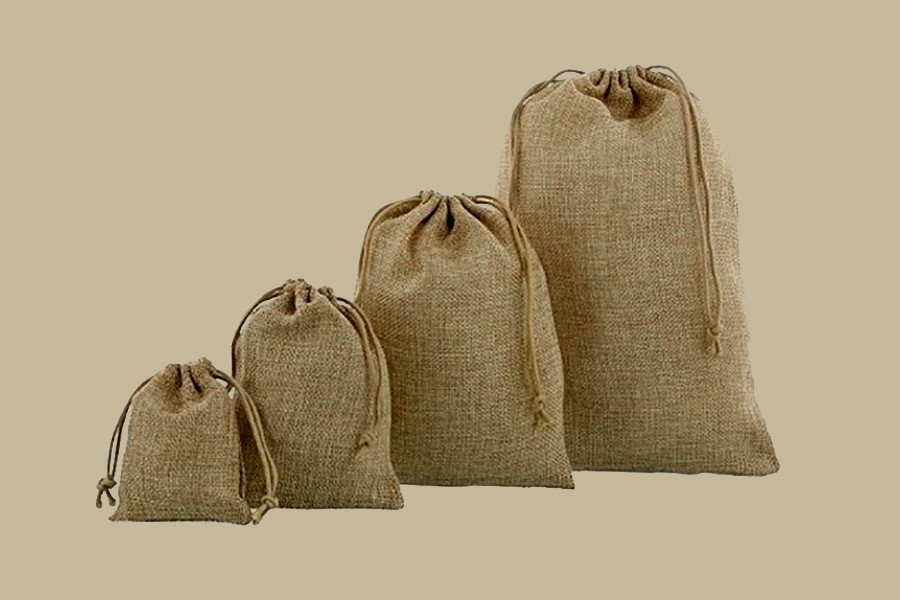The fish and poultry feed producers have strongly protested compulsory use of jute bags for feeds as the government recently made it mandatory.
They said the use of jute bags for the feed of poultry and fishes will affect the quality severely mainly due to moisture.
The Ministry of Jute and Textile has recently notified that all feed millers will have to use the jute bags for packaging the feeds.
The ministry has done it to ensure usage of environment-friendly bags and boost the use of the home-made sacks.
President of the Feed Industrial Association of Bangladesh (FIAB) M Mashiur Rahman told the FE that the moisture of feeds can be preserved for only 10 days in jute packaging at most.
"Water evaporation rate in our country's air is much higher, which reaches the highest level during monsoon," he said, adding that feed is affected due to fungus and contaminated when comes to the contact of air.
The government decision will hamper the feed manufacturing sector, when it is getting prepared to export feeds in other countries.
"Will any country buy poultry or fish feed in gunnysacks from us?" he raised question.
The FIAB General Secretary Ahsanuzzaman said they always welcome any moves by the government for protection of environment.
Mentioning that feed manufacturers always comply with the government's policy on environment safety, he said: "The PP woven bags for packaging are biodegradable".
He said a 50-kg capacity PP woven sack costs Tk 15-20, while a gunnysack costs around Tk 50-60.
"As a result farmers will have to bear additional expenses, thus creating burden on customers," he said.
According to feed manufacturers, the sector requires at least 10 million gunny sacks per year, which might not be possible for the suppliers to provide on time.
The disruption in supply chain due to unavailability of jute packaging will ultimately disrupt the production of poultry, a common source of protein.
Considering the situation, the feed manufacturers urged the government to review its decision for the sake of safeguarding a local industry.
The FIAB sent a letter to Mirza Azam, State Minister for textiles and jute, on Monday explaining the situation.
The trade body expressed its hope that the government would take a judicious decision for the sake of poultry sector.
The state minister could not be contacted over the phone for his comment in this regard.
When contacted, Director General (DG) of Department of Livestock Services (DLS) Dr. Hiresh Ranjan Bhowmik said jute packaging is not suitable for poultry and fish feeds, as it is affected by fungus due to dampness.
"The feed in jute sack is more likely to be contaminated within two weeks of packaging in rainy season," he said, adding that in dry season, it usually takes longer time for deterioration of quality.
He also feared that the decision, if not revoked, will push the sector in trouble by increasing operational cost.
It will eventually affect end level customers, who mostly meet their protein need from poultry and fish, he added.


